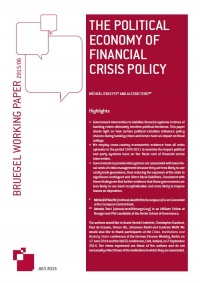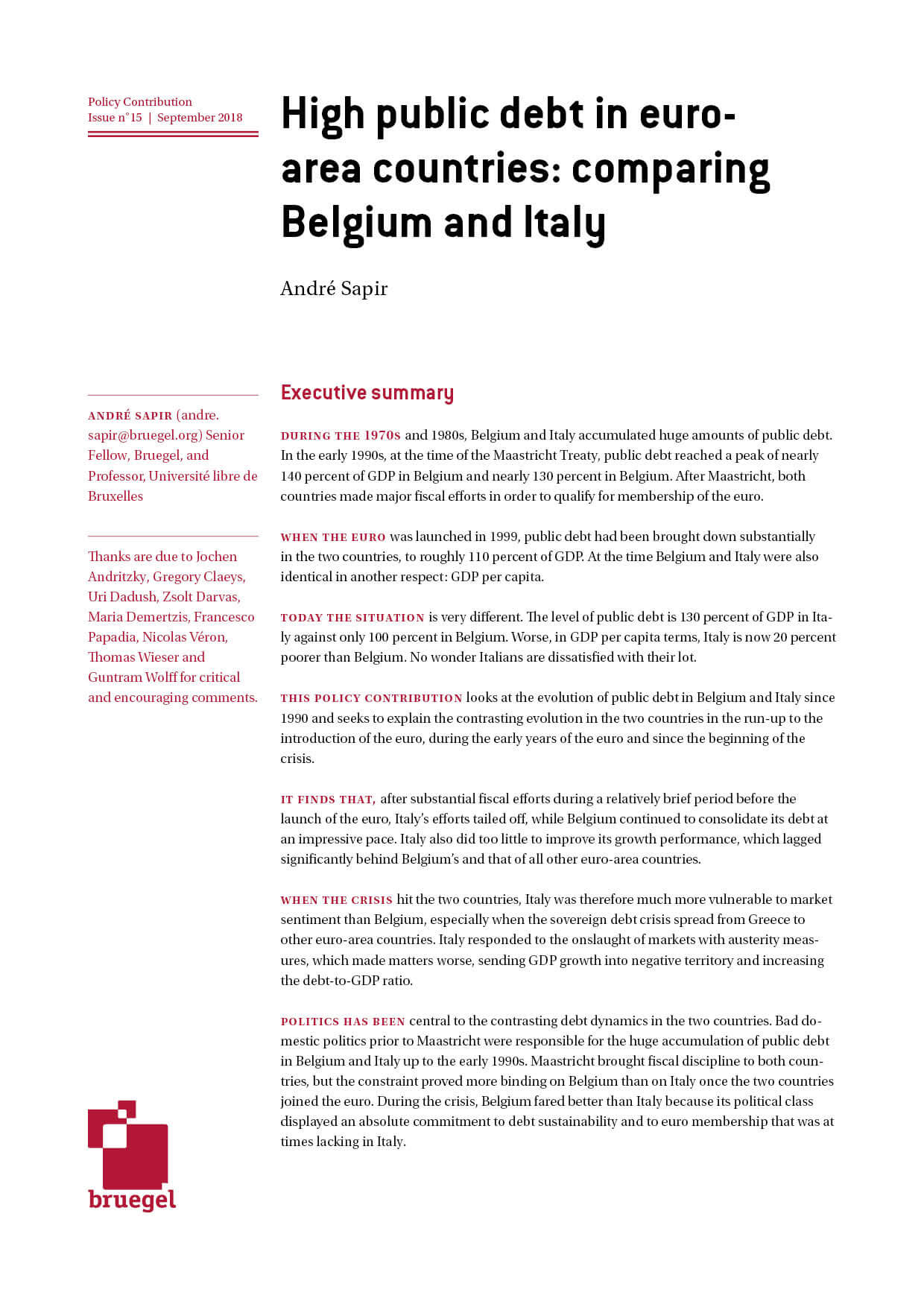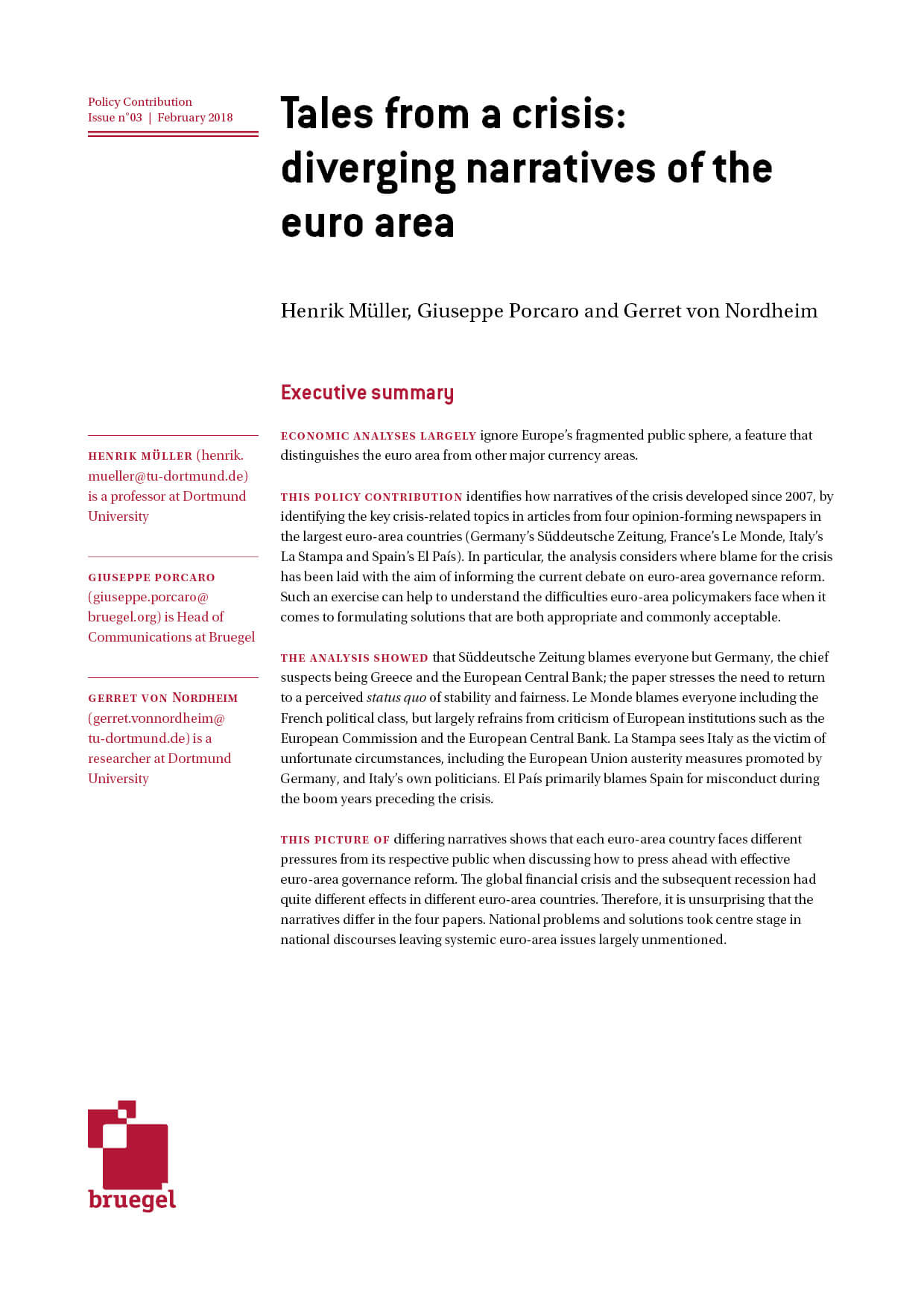Working Paper
The political economy of financial crisis policy
Government intervention to stabilise financial systems in times of banking crises ultimately involves political decisions. This paper sheds light on how certain political variables influence policy choices during banking crises and hence have an impact on fiscal outlays.
We employ cross-country econometric evidence from all crisis episodes in the period 1970-2011 to examine the impact political and party systems have on the fiscal cost of financial sector intervention. Governments in presidential systems are associated with lower fiscal costs of crisis management because they are less likely to use costly bank guarantees, thus reducing the exposure of the state to significant contingent and direct fiscal liabilities. Consistent with these findings we find further evidence that these governments are less likely to use bank recapitalisation and more likely to impose losses on depositors.










